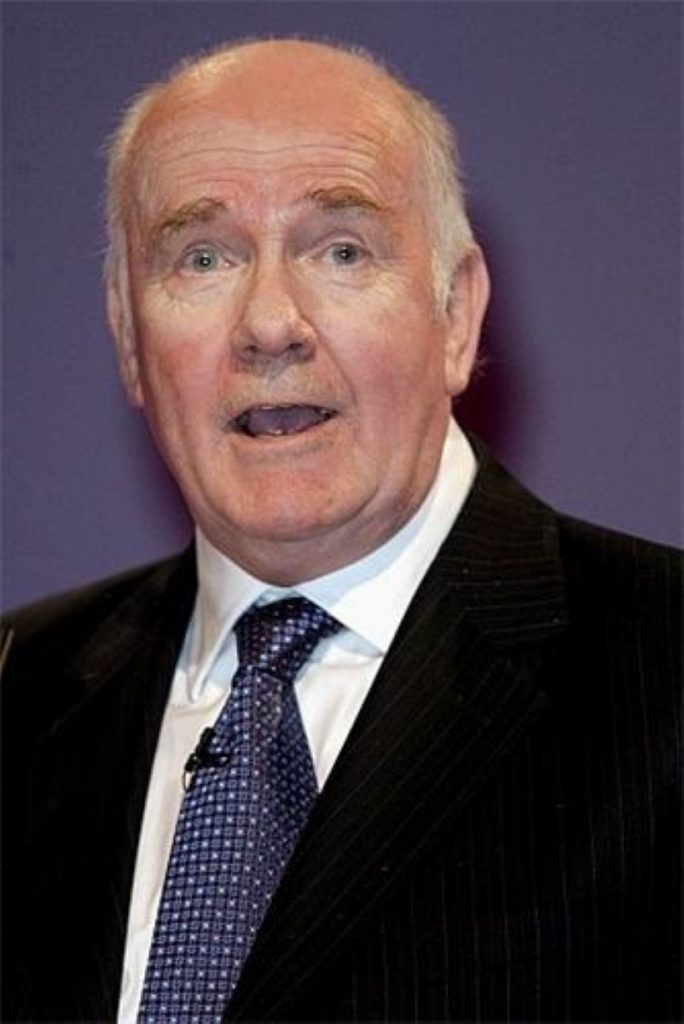Justice watchdog merger plans scrapped
The government has scrapped controversial plans to merge five criminal justice watchdogs after peers overwhelmingly rejected them last week.
Home secretary John Reid said yesterday the plans in the police and justice bill had been scrapped in favour of “enhanced joint working” between the five inspectorates.
Ministers wanted to merge the prison, police, prosecution, probation and courts watchdogs into a single Chief Inspector for Justice, Community Safety and Custody.
But former chief inspector of prisons Lord Ramsbottom’s proposals to keep the five inspectorates separate was backed 211 to 98 in the House of Lords last week.


Mr Reid said in a statement last night: “We have agreed to replace proposals in the police and justice bill to merge the five criminal justice inspectorates with powers to support enhanced joint working.
“This reflects the commitment of ministers to safeguard the expertise of existing bodies while at the same time enhancing joint work across the system.
“During these discussions, each chief inspector gave a clear commitment to working more closely together and identified practical ways for improvement which can be quickly put in place.”
Liberal Democrat home affairs spokesman Lord Dholakia said ministers had suffered a “massive defeat” over their plans and that he was “delighted” they had decided to abandon the merger proposals.
Juliet Lyons, director of the Prison Reform Trust, also welcomed Mr Reid’s announcement as a sign that the government had listened to concerns about the merger plans.
“Rather than ploughing on with something that was ill-conceived and fundamentally flawed, it is good to know that government is prepared to listen and recognise the unique contribution to reform made by the independent prisons inspectorate,” she said.
In the debate last week, Home Office minister Baroness Scotland argued that as the criminal justice system became more integrated, it made sense to have one inspectorate.
But Lord Ramsbottom stressed the importance for the government to have independent, objective and specialised advice in each criminal justice area.
Noting the current crisis in prisons, he said: “You don’t shoot the messenger just because you don’t like the message.”









